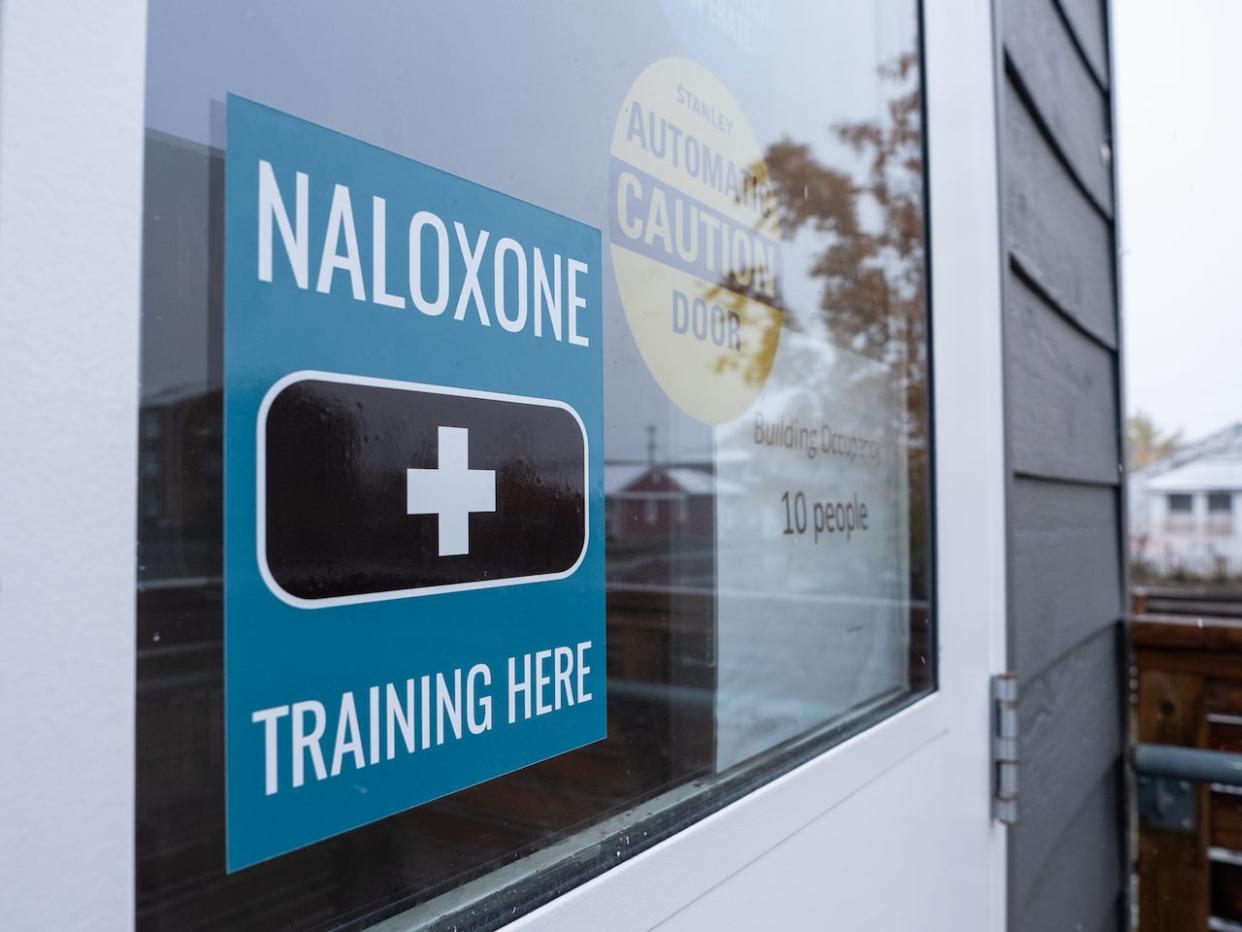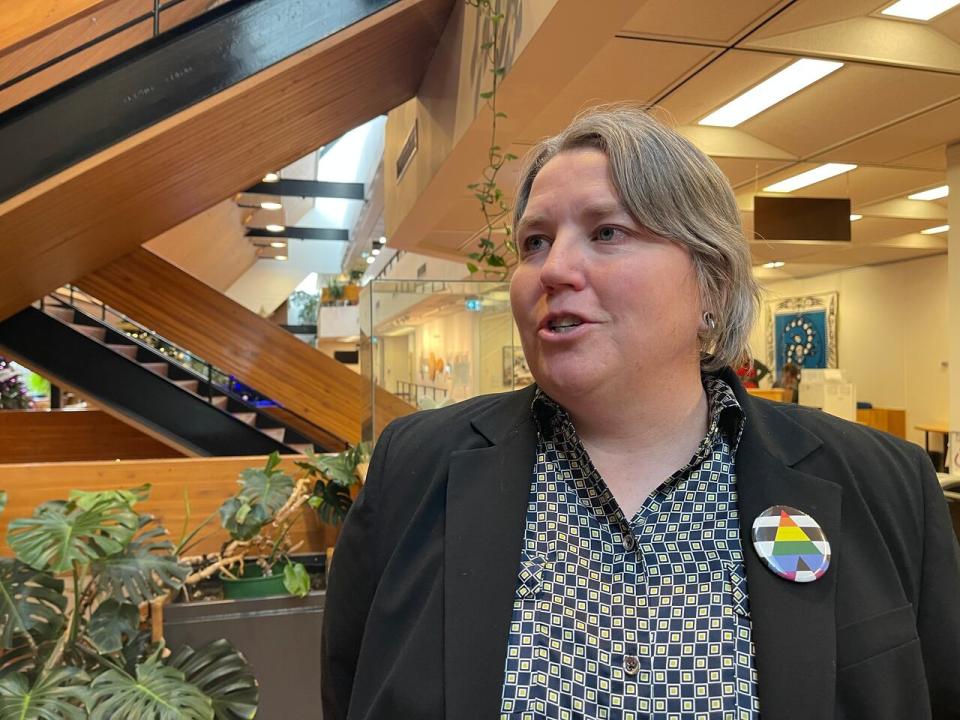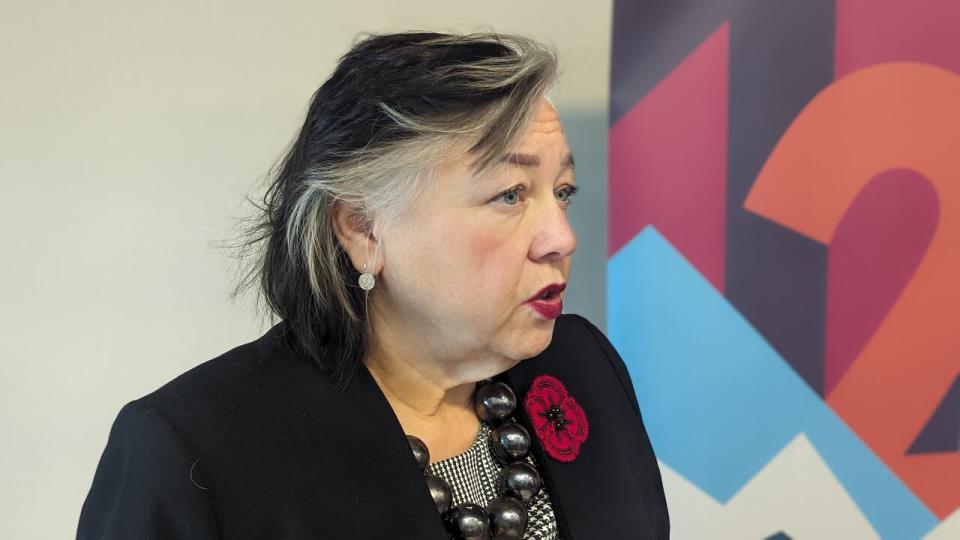Yukon NDP leader doubles down on plea for drug decriminalization — even as B.C. moves to recriminalize

The Yukon's NDP leader has asked the territorial government to commit to drug decriminalization — even as the B.C. government rolls back its own pilot project by recriminalizing drug use in public spaces.
In territory's Legislative Assembly on Tuesday, Kate White accused the Yukon Government of ensuring its safe supply program only does the "bare minimum."
She said people are losing their lives waiting for more action on the drug crisis — and decriminalizing may be a solution.
White's comments followed the announcement on Friday that B.C. would be rolling back a landmark pilot program which decriminalized personal possession of small amounts of some drugs for adults, in most public and private spaces.
There's been months of pressure on the B.C. government from opposition parties, local elected officials and police to revise the project, due to concerns around public safety and disorder.
Meanwhile, White says that in the Yukon, it isn't clear if the government is taking the toxic drug crisis seriously at all.
She said the complexity of the crisis means every tool possible needs to be part of the solution, including decriminalizing the personal possession of some illicit substances.

NDP Leader Kate White says the complexity of the territory's drug crisis means every tool possible needs to be part of the solution — including decriminalizing the personal possession of some illicit substances. (Julien Gignac/CBC)
Health Minister Tracy-Anne McPhee said the idea of decriminalization is still on the table. However, she said it needed further research.
"We're considering every single option ...but we'll need to do more research on exactly why [decriminalization] wasn't successful in British Columbia and figure out what that means going forward."
Yukon RCMP 'not laying simple possession charges,' minister says
In the meantime, McPhee said Yukoners aren't being prosecuted if they're caught with small amounts of drugs.
"I can confirm that I personally looked at data that we had from the RCMP here in the territory for the last four or five years. It showed that they are simply not laying simple possession charges for drug use or drug possession," she said.
"In some cases the drugs are taken from an individual, but there were virtually no standalone charges for simple possession."
McPhee said the Yukon Government had opened and expanded a supervised consumption site in Whitehorse, increased access to opioid treatment services, expanded opioid medication coverage, and launched a mobile crisis unit.
"We have continued to support Yukoners through the implementation of the Substance Use Health Emergency Strategy and will continue to do so," she said.

Health Minister Tracy-Anne McPhee says decriminalization is still an option for the territory. 'We're considering every single option... but we'll need to do more research.' (Chris Windeyer/CBC)
But speaking to media later on Tuesday, White said there are still Yukoners who don't want to call for help when there's an overdose, "because of the criminal factor of using illicit drugs."
She also said that B.C. wasn't the only example of drug decriminalization.
"There are many examples where decriminalization has been successful, like Portugal. And there was always concern with how British Columbia did it," White said.
"Unless we're going to double down on making safe supply more accessible — which is not really that accessible right now — unless we're going to make sure that people feel comfortable and confident in calling for help, there's always going to be that risk that that we lose someone."


